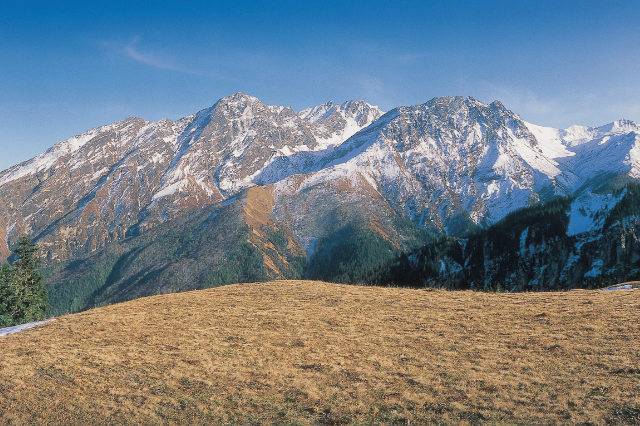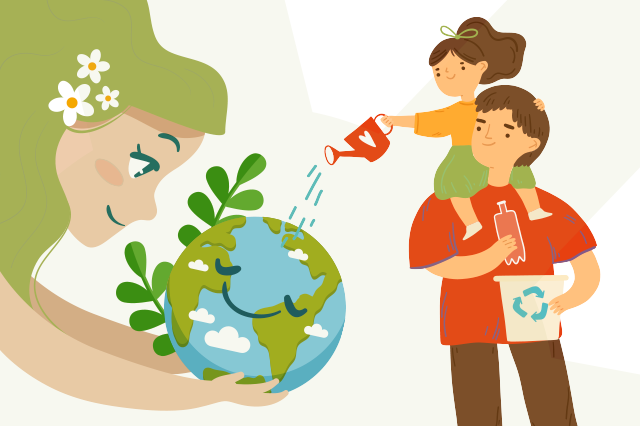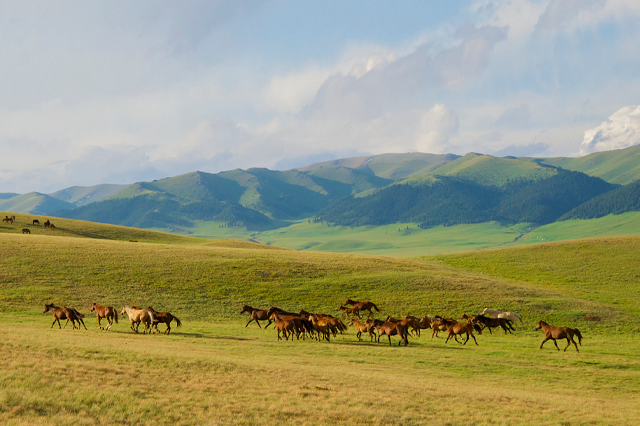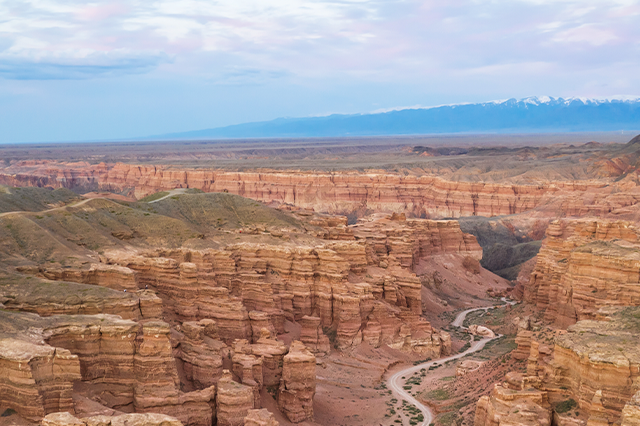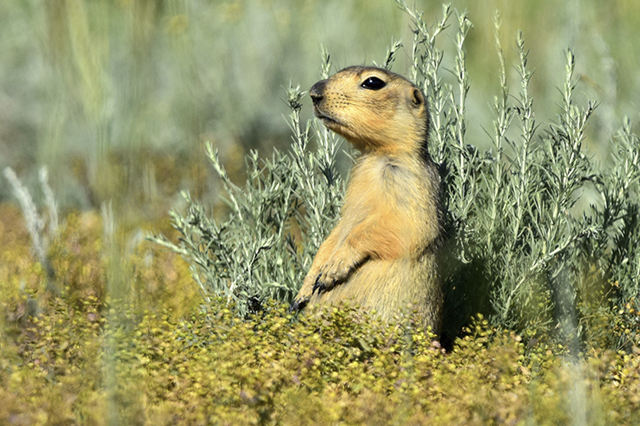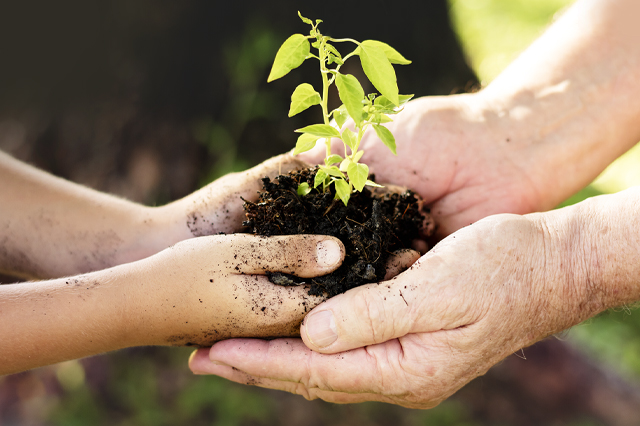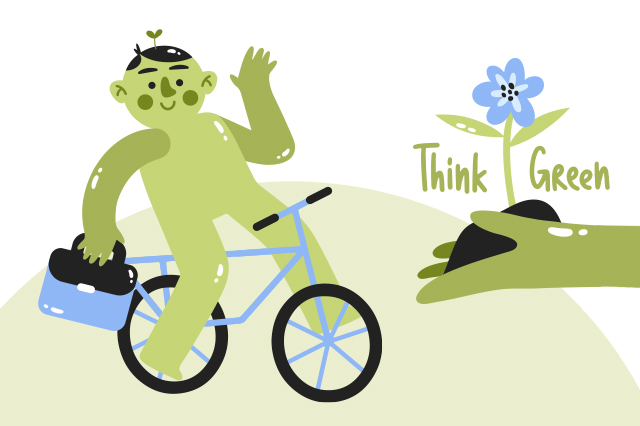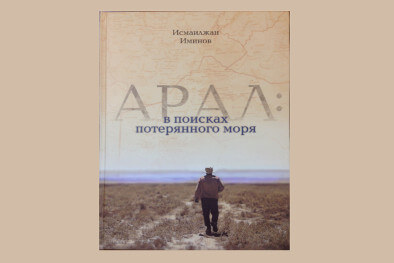The heritage of the Kazakh people encompasses many aspects, one of which is respect for nature. Let's look at specific examples to help us better understand this experience.
1. Harmony with nature
Ancient Kazakhs believed in the spirits of nature. Sacrifices and rituals were performed to appease the spirits to ensure a favorable future. One of the famous Kazakh poets, Abay Kunanbaev, said: "Nature is a book in which the laws of life are written down." Interacting with nature, listening to it, and understanding its rhythms were vital to survival.
One striking example is that Kazakhs regularly moved their camps so that the land could recover from their stay. Today, moving livestock in agriculture allows the soil to rest and recover, similar to modern methods of rotating plots.
Spend more time in nature, learning to observe it and understand its needs. This strengthens the bond between man and nature, encouraging environmental stewardship and reducing negative environmental impacts.
2. The value of each resource
Kazakh houses, or yurts, were skillfully created from natural materials such as wool and wood. Every part of the animal was used: hide for clothing, meat for food, and bones for tools.
Therefore, in nomadic times, waste was minimal, as any animal part was used, from skin to bones. In today's world, the zero waste philosophy is a movement to minimize waste, similar to the ancient Kazakhs' approach to resources.
Minimize consumption, practice recycling and reusing items in everyday life, and breathe a second life into old things to reduce the number of new goods purchased. This reduces the amount of waste sent to landfills and conserves natural resources used to produce new goods.
3. Traditional farming methods
Kazakhs have long been engaged in cattle breeding and land cultivation, using methods that did not exhaust the soil.
Notably, Kazakhs chose places for their camp with enough grass for their cattle and left it when the resource dried up. However, organic farming, which utilizes chemical-free methods, combines this ancient consideration of natural resources.
Support local farmers, practice composting, and raise plants at home. This reduces pesticide use, improves soil quality, and promotes biodiversity.
4. Respect for water
In the steppes, water sources were precious. Realizing the value of water was an essential aspect of the culture.
Water sources were valuable, so Kazakhs used water carefully, preserving it for future generations. Water-saving technologies such as drip irrigation systems fit perfectly with the ancient respect for water.
Reduce water consumption by closing the faucet when brushing your teeth and using water-saving devices. Make others aware of excessive water consumption in public places. Have you ever wondered how many pieces of paper you take to wipe your hands? Three or four? One is enough. By paying attention to these things, you will reduce unnecessary water use, reducing pressure on resources and protected areas.
5. Communities and collective consciousness
For centuries, Kazakhs lived in auls, large communities where neighbors depended on each other. The collective good was placed above personal interests.
Kazakhs made collective decisions that served the good of the entire aul. Support and cooperation were essential elements of their culture. Today, community gardens, farmers' markets, and other initiatives focused on cooperation and local production fit perfectly with this community spirit.
Participate in or initiate local environmental initiatives and share knowledge and resources with your community. By joining forces, communities can have a more significant and effective impact on ecological conservation than single individuals.
In conclusion
The understanding and respect for nature that was evident in the lives of our ancestors can be a powerful inspiration for modern Kazakhs. These lessons, based on the values and knowledge of our ancestors, can become the foundation for the contemporary environmental movement in Kazakhstan.
The ancient Kazakhs have shown us that harmony with nature is the key to sustainable life. By making simple but meaningful decisions in our daily lives, we can contribute to protecting our planet. Together, we can create a sustainable future by respecting tradition and nature.



